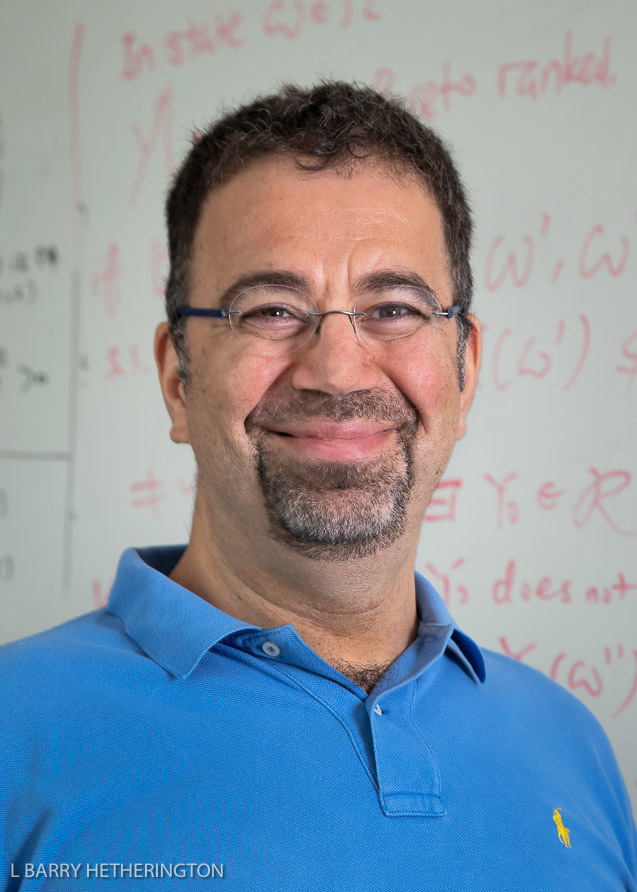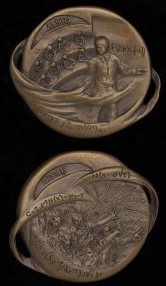The Stanford Center for Biomedical Ethics is sponsoring a presentation tomorrow of a new book, Kidney to Share. It's written largely in alternating chapters, by Martha Gershun, an altruistic kidney donor, and her friend John Lantos, a doctor and bioethicist who is a member of the same synagogue. I'll join in the discussion.
Kidney to Share Book Launch Seminar With Authors Martha Gurshun & John Lantos, Wednesday, May 19, 2 - 3pm PST (RSVP )
There has been much recent discourse, and some regulatory action, about reducing the financial dis-incentives to being a kidney donor (e.g. steps have been taken to facilitate the reimbursement of out of pocket travel and child care expenses arising from donation, and even replacement of some lost wages). But this book is among the first discussions I've seen of other dis-incentives to donation, arising from procedural and logistical barriers.
In Martha Gershun's case, many of these barriers to donation arose from the fact that the Mayo Clinic, where she donated, was inconveniently far from her home in Kansas City, but Mayo insisted that all procedures and tests be conducted on-site in Rochester, Minnesota. (Some of these barriers have in fact been overcome in kidney exchange, but Ms. Gershun was making a direct donation, to a patient she had read about.)
Dr. Lantos points out that if transplant centers treated kidney donors more like the way they treat financial donors, they would have found ways to smooth some of the logistical barriers that were bureaucratically applied.
Ms. Gershun, in email correspondence with me after I had read the book, wrote:
"I was very interested in your thought that there has been some improvement in logistics over the past 20 years, since it is now easier to ship kidneys. Many of the barriers I encountered in my efforts to donate were exacerbated because we lived 6 hours from Mayo. At every stage, they were unwilling to “outsource” any part of the process to another provider (not even that sticky substance abuse appointment or processing the blood that otherwise had to be shipped on dry ice).
...
"Why couldn’t I have undergone the medical/psychological evaluation and surgery at KU Medical Center, a highly-respected transplant center just 2 miles from my house, with the kidney flown to Mayo for transplantation? You have made me think that another barrier to consider must surely be the proprietary and siloed nature of Transplant Centers. How many more transplants could we do if we eliminated the need for both donor and recipient to receive their care at the same institution? My understanding is that pairs/chains have made a lot more progress on that front than directed donations."
Kidney to Share
In a subsequent email exchange Ms. Gershun points out to me that other transplant centers accept shipped kidneys even for direct transplants from donor to recipient (with no exchange involved). (The article below, from the ABA Journal, concerns a kidney shipped from UCLA to MGH in Boston, where the transplant was performed. Both of those transplant centers have lots of inter-hospital kidney exchange experience.)
Father and daughter legal scholars complete successful kidney transplant by Stephanie Francis Ward
"Jennifer Mnookin had one kidney removed in Los Angeles on Dec. 2, and it was put on an overnight flight to Boston to be transferred Dec. 3 to Robert Mnookin, who had end-stage kidney disease. Both are doing well."













